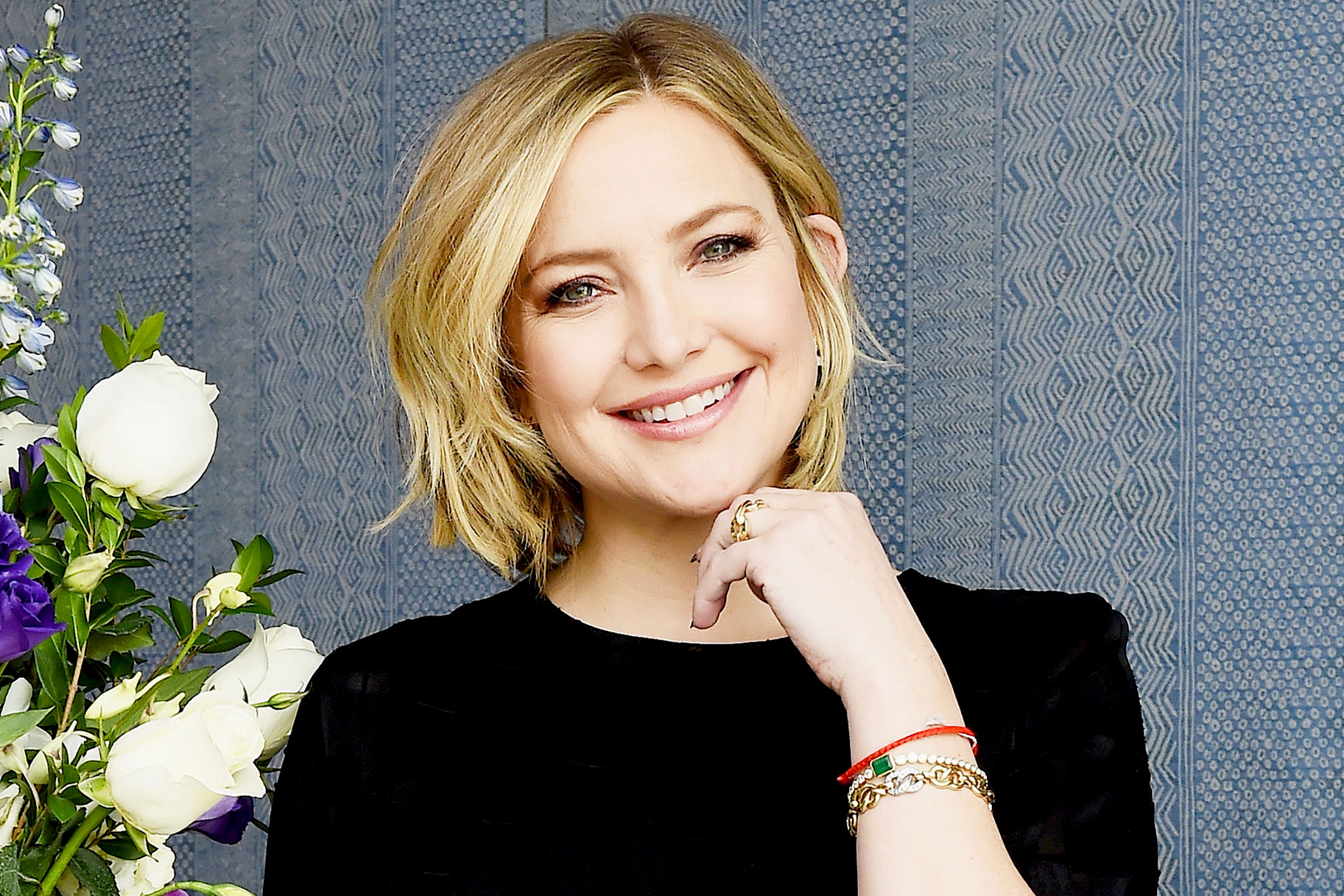Everybody Misunderstood Kate Hudson's "Genderless Approach" to Raising Kids
One gender therapist explains what Kate Hudson was actually saying.

Kate Hudson recently revealed she was raising her daughter to be "genderless,” but got backlash from some parents who called her idea ridiculous. The thing is, many people misunderstood what she was trying to say.
The mom-of-three responded to the backlash on Instagram on Monday, which began when news outlets reported she and husband Danny Fujikawa were raising baby Rani Rose Fujikawa-Hudson with a "genderless [approach]."
"Recently someone asked me something along the lines of, if having and raising a girl is different from boys. My response was simple. Not really," she wrote. "This whole click bait tactic of saying I'm raising my daughter to be 'genderless' is silly and frankly doesn't even make sense."
She explained that she was simply ”re-focusing the conversation in a direction that could exist outside of the female stereotype."
"I raise and will continue to raise my children, both my boys and girl to feel free to be exactly who they want to be. To feel confident in their life choices and feel loved and supported no matter what …Not all girls want to be a princess, some want to be king … I recognize some want to take a headline earnestly as if I have some new age method of raising my kids and I really do hate disappointing people but, (sic) I don't. I just try to raise my kids to be good people with the best tools to face this big crazy world. If they grow up and identify with something different than what others want to identify them as…mama's cool with it!"
Good for her for being so open.
New York City-based therapist Tanya Koifman, LCSW, who helps clients with identity and LGBTQ issues, tells Personal Space that the people who are unaware or shocked over gender talk for babies and children aren’t really understanding that it’s very normal in 2019 to understand that gender is fluid.
“Our culture is so focused on the binary, male/female, man/woman, and there are so many people who don’t fit into that. So with a genderless approach, it’s just saying, ‘I’m not going to impose one of those categories on my child,’” she explained. “It’s the mindset: 'As they get older and become older they can tell me who they are.’”
Parents who do take Hudson’s “genderless approach” aren't saying their kid is of neutral gender, they are just being mindful not to impose any of these categories on their child, so the child can feel free to express themselves as they'd like later on.
“There are many things that were seen as ridiculous and new-agey that are the norm now,” Koifman added. “There were things seen as too progressive, and eventually this will become something that is not outlandish.”
In her practice, Koifman sees a lot of people who are transgender and parents who are working to understand that, along with kids who are 3 or 4 who are not identifying with the sex they were assigned at birth. “It is becoming more mainstream,” she noted.
“What you do is support them and follow their lead, even if it’s not what a lot of people are used to. People are going to be who they are and the earlier you support them, the better they will be emotionally and psychologically. If you deny who they are, they can struggle with mental health. In more cosmopolitan places it’s becoming normal [to parent in this style] but people still have different schools of thought. For some, they don’t start at birth. But it’s gaining more popularity that you don’t want to impose your views on someone else, or a child. When someone tells you who they are, you respect who they are. It’s up to parents to create a framework for them and their family.”
Koifman added that even gender reveal parties are becoming more fluid. She also pointed out that people identifying as something other than binary or straight have been around forever. “The problem is, people have been in hiding because of the lack of social acceptance. Being trans or non-binary is not a mental illness. There’s something wrong with society for not embracing folks for whoever they are. So for Kate Hudson to feel like she had to defend her parenting — too bad she ever felt like she needed to defend herself. There’s more visibility when it’s celebrities speaking out about this.”



